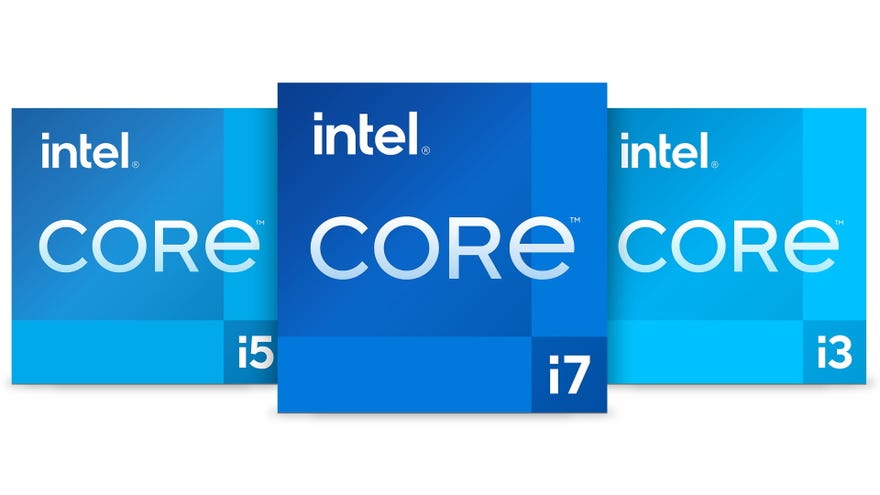Intel's 11th Gen Rocket Lake CPUs will launch with new 500-series motherboard chipset
Plus, is this the end of Intel's Core i9s?
Intel have revealed more details about their upcoming 11th GenRocket Lake CPUs, including the name of its new desktop architecture, "Cypress Cove". Intel claim this new architecture will bring "double-digit percentage IPC (instructions per clock) performance improvements" over their current 10th Gen Comet Lake CPUs, leading to even faster gaming performance. We still don't know the exact specs of Intel's Rocket Lake CPUs, but they will include Intel's hotly anticipated Xe graphics and, crucially, introduce support for a brand-new motherboard chipset, the Intel 500 series.
It's still unknown whether Intel's 11th Gen Rocket Lake CPUs will be backwards compatible with the existing Z490 boards that are currently available for their 10th Gen Comet Lake chips, but it does at least confirm that there will be a new chipset at launch to help you get the best out of them. This is likely to ensure that all Rocket Lake CPUs can make use of their built-in PCIe 4.0 support straight out of the box, as not all Z490 motherboards are PCIe 4.0 compliant at the moment. Indeed, Intel's latest Rocket Lake info blast confirms that their 11th Gen CPUs will be able to support up to 20 PCIe 4.0 lanes in total, an increase of four over Comet Lake.
Interestingly, it looks like Intel might be scaling back the number of Core i9 processors in their Rocket Lake line-up, too, as they also state that their new Cypress Cove architecture will top out at 8 cores and 16 threads. Could this be the end of Intel's 10 core / 20 thread Core i9 family? Only time will tell.
Indeed, perhaps Cypress Cove's architectural improvements means it's no longer necessary to shoot for 10 cores and 20 threads going forward, due to that aforementioned double-digit percentage IPC improvements. Intel don't explicitly state the exact number that "double-digit" figure is referring to, all told, so it could theoretically be anything from 10% to 99%. We just don't know. In any case, it looks like it's probably the end of the road for the Core i9 as we currently know it.
Still, in terms of onboard graphics performance, Intel state they're projecting a performance increase of around 50% versus their 9th Gen Coffee Lake's integrated graphics chips, although again they didn't provide any figures or benchmark results to help put that gain into context.
One thing that will come as good news is Rocket Lake's new memory controller, which will now increase supported DDR4 memory speeds up to 3200MHz, up from the 2933MHz speeds that are currently officially supported by Intel's Comet Lake chips. Rocket Lake will also be able to support up to three 4K displays at 60fps, or two 5K displays at 60fps thanks to its support for the DisplayPort 1.4a, HDMI 2.0b and HBR3 standards.
All in all, there are definitely some important factoid nuggets in today's Rocket Lake reveal, but there are still plenty of important questions still to be answered. At the moment, Rocket Lake is still onboard to launch before the end of March 2021, so hopefully it won't be too long before we find out more.


